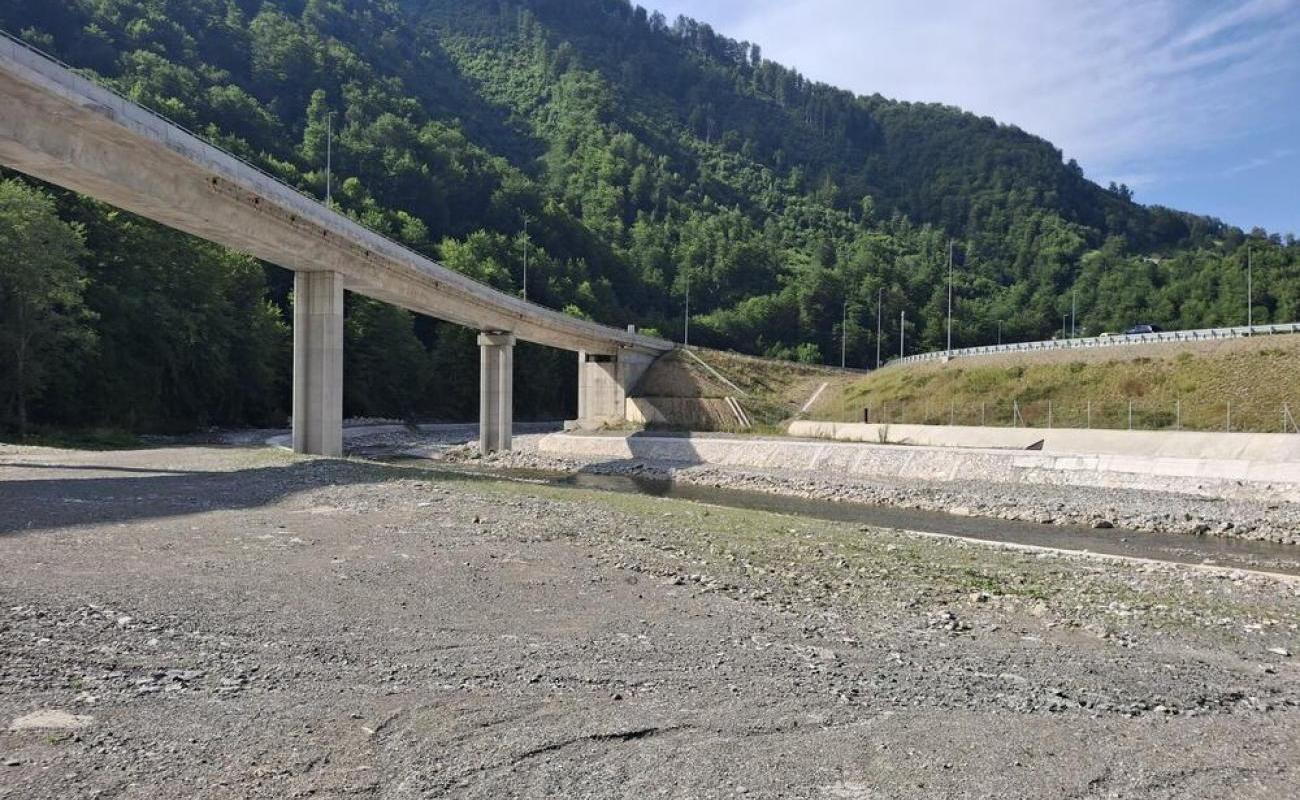The Chinese company devastated Tara under the veil of secrecy and negligence

CONCLUSION
The damage caused to the Tara Riverbed, which is under UNESCO protection, by the Chinese company CRBC while building the Bar-Boljare highway section in Montenegro, is another example of the non-transparent and illegal work of companies from China in the Western Balkans. In this case, it is a matter of non-compliance with Montenegrin and international legislation when it comes to environmental regulations related to protected areas, as well as the fact that although there are court rulings in this particular case, the enforcement of court rulings is delayed. Violation of the law was also reflected in the refusal of the competent institutions in Montenegro to publish contracts with the Chinese company, and the initially announced deadline for the construction of the highway section was not met, so the construction took twice as long as the announced deadline.
The fact that Montenegro was threatened with bankruptcy and falling into a Chinese debt trap precisely because of the debt for the construction of the Bar-Boljare highway section, and there was public talk of a Chinese creditor taking over the management of the Port of Bar, which was prevented at the last moment by the intervention of European banks, indicates a certain pattern of behavior of Chinese companies, whether investors or creditors, when it comes to doing business in the Western Balkan countries. Unfortunately, in such business, Chinese companies also have some support from the domestic authorities of the Western Balkan countries. Illegal and non-transparent business is mainly warned about by non-governmental organizations and the media, which often come under attack from the authorities as “enemies of progress” of their own countries. In order to avoid such and similar events in the future that result in damage to the environment, and often to the health of citizens of these countries, it is necessary to change the government's approach to negotiating loans and investments with companies from China, to make the process transparent, to include the public in the process of accepting and implementing projects, and to enable the competent institutions to use the mechanisms at their disposal to protect business in accordance with the positive legal regulations of the Western Balkan countries.
